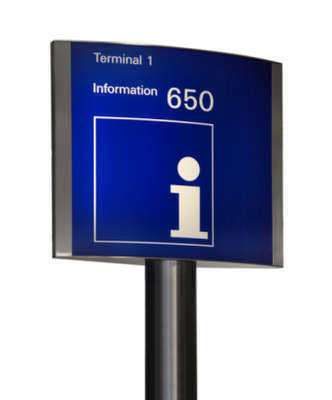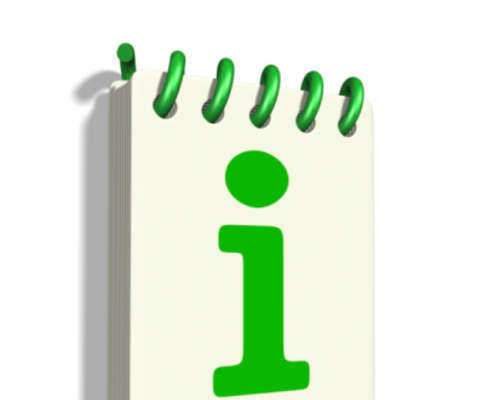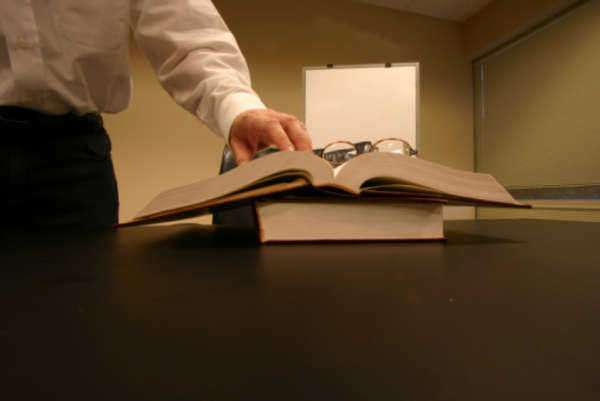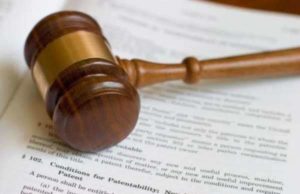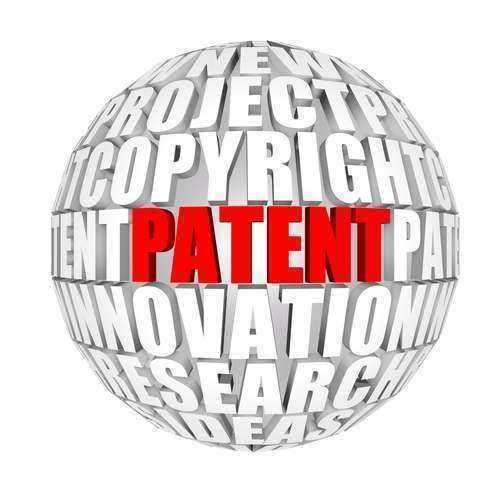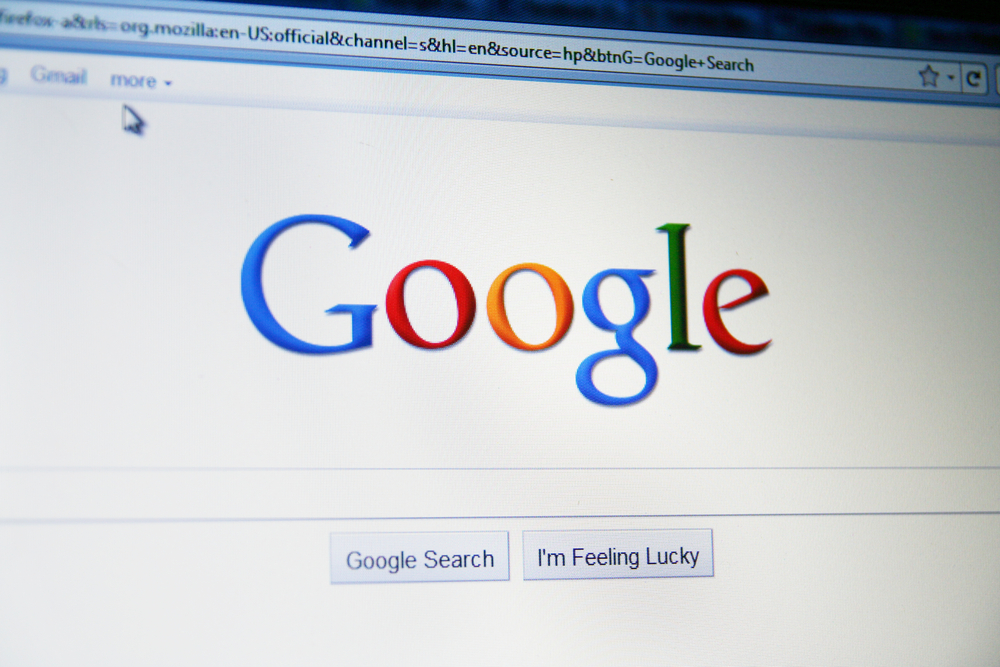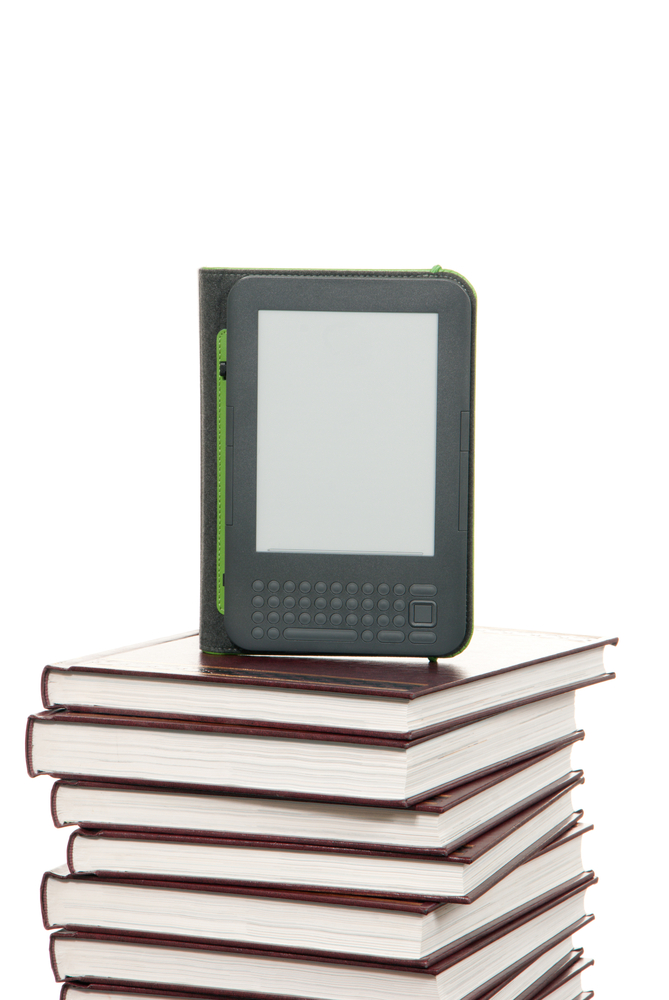Exhaustion Doctrine Explained
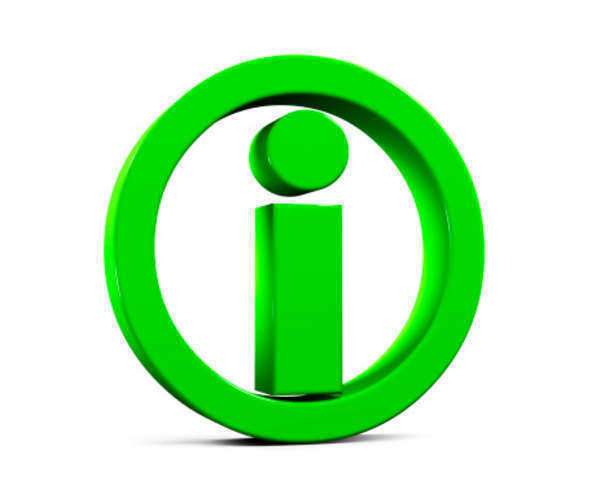
As an example of the continued applicability of patent rights after first sale, the purchaser of a product for personal use will generally be allowed to make use of the item for convenience and pleasure but not to replicate the product for the purpose of selling additional copies. That being said, purchasers of products subject to patent ownership often do derive financial benefit directly from the object itself, as through the sale of a purchased item on a second-hand basis. In the issue of patent rights, actions such as these are often referred to as “implied license.’
That is to say, the holder of patent rights is not likely to issue products with the stated authorization for purchasers to place them in pawn shops or perform their own modifications to them, but such rights can generally be assumed by the consumer. The doctrine of exhaustion holds that patent ownership, which previously would have prohibited someone from performing these actions without permission, to have lapsed after money changes hands and the purchase of the item is accomplished.
The holders of patent rights have been frequently known to seek limitations for the scope of the exhaustion doctrine, in part to ensure that a product is put to the use which it was originally intended for, and in part to assure that they continue to profit from holding patent ownership. The difficulty for such individuals is that commercial sale of patented products involves transferring physical ownership and, in a legal sense, title, to another individual.
Such a transaction increases the possibility of the purchaser of the item claiming the exhaustion doctrine’s applicability. One option which may bypass the exhaustion doctrine and benefit holders of patent rights more reliably is to offer products for licensing rather than sale, which leaves all of the rights of ownership with the patent holder and does not allow for much implied license in the article’s use. If products are sold, the patent owner may offer further services, such as warranties, which are not exhausted by the initial sale.

